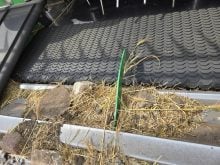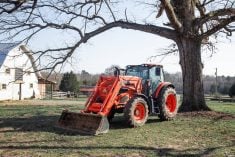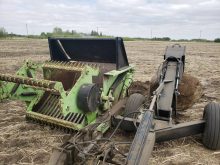The canola industry hopes Canada’s biggest gun can shoot down China’s canola barricade.
“One of the things we’re raising is that prime minister (Stephen) Harper will raise this with the Chinese when he’s over there in December,” said Canola Council of Canada president JoAnne Buth.
She thinks that’s the best hope for eliminating China’s ban on Canadian and Australian canola at most of its ports this year and a total ban next crop year.
Read Also

Organic farmers urged to make better use of trade deals
Organic growers should be singing CUSMA’s praises, according to the Canadian Chamber of Commerce.
Canadian Food Inspection Agency and Agriculture Canada officials who were in China to negotiate with the Chinese have returned to Canada.
“They were at the point where they couldn’t do anything more,” Buth said.
China has banned foreign canola tainted with traces of blackleg from any port in an area in which rapeseed is grown. That effectively closes 70 percent of China’s ports with access to crushers, leaving just three ports in China that can take shipments.
CFIA officials will have to certify whether Canadian canola imports contains blackleg. The disease is endemic in canola fields, so Buth said every shipment will probably test positive and have access to only the three available ports.
Any shipments certified negative for blackleg could be shipped to the other ports, but the Chinese have made it clear they are not taking the CFIA’s word for canola being blackleg-free.
“The Chinese have indicated they’re going to test it when it arrives,” Buth said. “It’s going to be up to the trade as to whether they take the risk.”
The Chinese have said no ports will accept blackleg-tainted canola in 2010-11.
Analyst Greg Kostal said no new deals will be made until the situation is clarified.
“I don’t think there will be a lot of willingness to make new ones,” he said.
“I don’t think anyone can be confident about when China will resolve this or how much will go, how many sales will be cancelled, how many sales will be deferred.”
Kostal said China needs vegetable oil and meal, so the blockage does not mean all Chinese demand will disappear.
“The stats would suggest that they need the product,” Kostal said.















